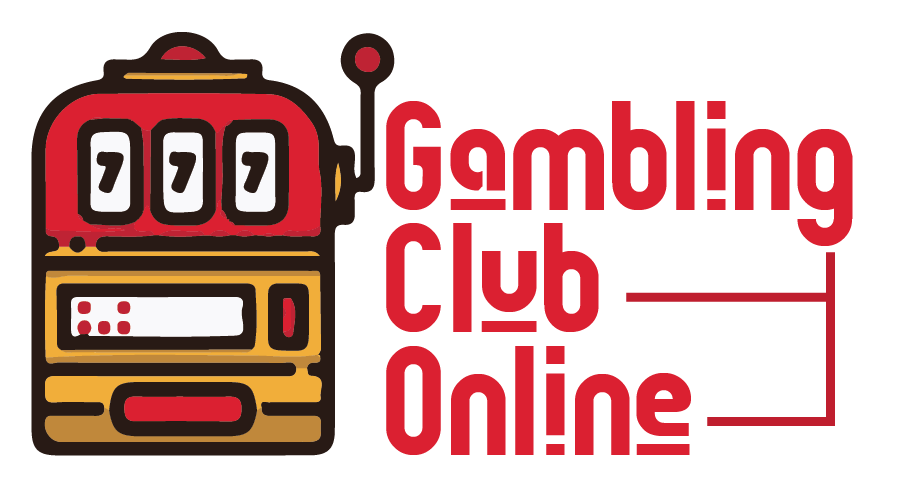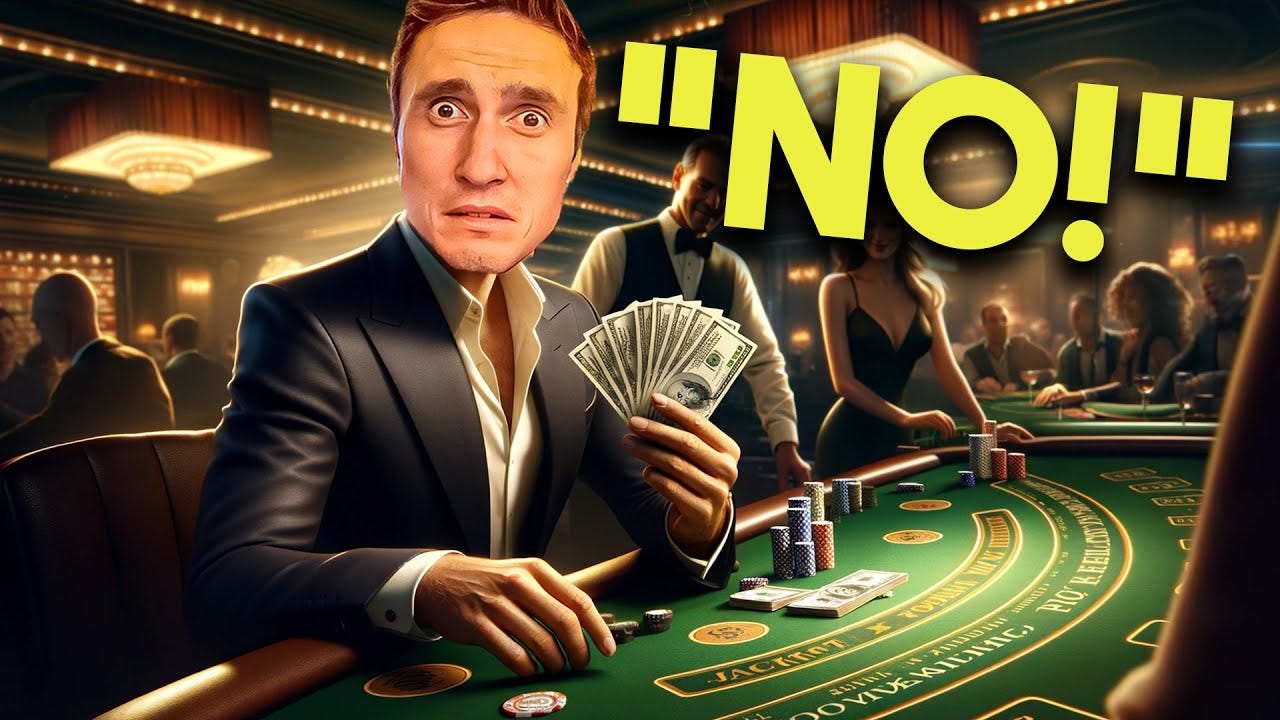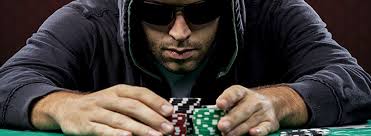How to Manage Your Bankroll Avoiding Common Poker Pitfalls
Bankroll losses are an inevitable part of playing poker, but that doesn’t have to be the case for you. Here’s why.
Professional poker players use various strategies to effectively manage their bankrolls. Some of these tactics include keeping tabs on it via spreadsheet or other software applications.
Realistically assess their skill level and increase stakes when they consistently beat their current ones.
Don’t Overbet
As it’s essential to stay within your financial means when playing online gaming, determining and adhering to a betting unit size before beginning is highly recommended in order to keep emotions under control and prevent sudden decisions during gameplay.
Financial stress can arise when losing a portion of your bankroll, so limiting yourself can ease financial anxiety and help keep a clear mind when competing against higher-stakes opponents. Although tempting, topping up when winning is best avoided to maintain an objective mindset – especially important if seeking out higher stakes opponents!
Don’t Fold
One key to successful poker play is having an effective bankroll management strategy. This entails knowing exactly when and how much money to bring to the table, and when to leave. Doing this allows you to avoid chasing losses or playing when tired or drunk – two strategies which are crucial in keeping up with poker!
Bankroll management plans enable you to protect both your personal finances and poker funds so that if your luck changes quickly at the tables, your basic needs will still be covered. This is crucial as poker has high variance that can quickly fluctuate; without such plans in place, life could quickly change with every new hand you encounter at the tables.
Don’t Overshoot
An effective bankroll management strategy can help you to avoid chasing losses. Chasing losses can force you into games you are unsuited for and leave you open to poor decision-making and being exploited by opponents.
As an example, it would be prudent not to start betting with higher stakes until your bankroll has grown sufficiently before engaging in higher level wagers. Doing so requires both skill and experience for optimal success – something which if lacking could prove costly.
Avoid same-game parlays as these bets have a poor long-term EV and can quickly deplete your bankroll.
Don’t Overpay
Unless you take care to limit how much money you bet per bet, it could quickly leave you bankrupt. To build healthy betting habits it’s wise to begin with an amount between 1-5% stake per wager for starters.
Furthermore, you should steer clear of bets with poor long-term expected value (EV). Parlays often come with juice that increases their vig and makes them negative over time – this is one of the main mistakes beginners make! Furthermore, being flexible in your strategy allows you to adapt quicker as opponents adapt quickly; ultimately leading to faster improvement overall.
Don’t Over-Raise
Bankroll management strategies should be in place in order to protect yourself against the unpredictable ebbs and flows of gambling, to avoid going broke.
Keep track of your wins and losses to adjust betting limits accordingly, but some people find it challenging to maintain a bankroll management plan. They might become tempted to increase betting size or risk more money than intended – leading to large losses that require significant efforts to recover from. It is wise not to over-raise when managing your bankroll; instead, focus on winning more money while limiting losses as much as possible.
Don’t Over-Bet
One of the key aspects of poker is knowing when and how to bet. Betting doesn’t guarantee a win, but can increase your odds. When betting, never invest more than you can afford to lose within a specific timeframe (e.g. one week or one month).
By following this approach, your bankroll will increase quickly, giving you the best chance at long-term success and helping to eliminate temptation to chase losses which is never advisable.
Over-betting is a serious mistake that can destroy your bankroll quickly. Recognizing when decisions are being driven by emotions rather than logic can help ensure you take necessary steps to regain composure before returning to play.




